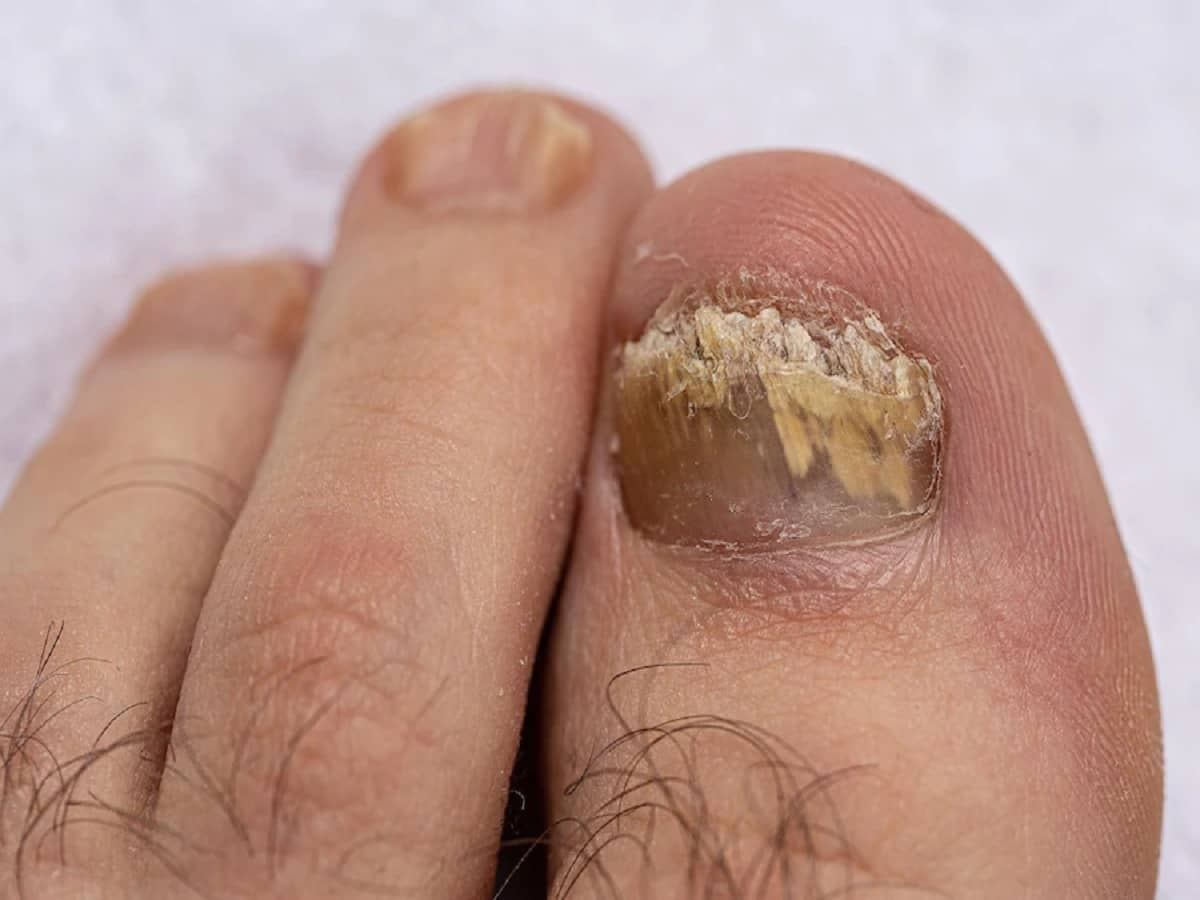What exactly is a liver transplant? In a liver transplant surgery, a diseased liver is removed from the patient and replaced with a healthy liver from a donor.
We are all very aware of how we look, including the small mole on our body, the size of our nose, and the colour of our skin, because this is what is visible to us and this is what gets presented in front of everybody. There’s nothing wrong with it, but the problem arises when that becomes our sole focus and we neglect our inner identities. The inner parts of the body that allow it to run, walk, and talk.
Many of us are unaware that body organs can be donated, perhaps saving someone’s life. On this World Liver Day, let us make people aware that the liver is the only organ in the body that can regrow after a part of it has been removed. When a portion of the liver is surgically removed and transplanted into a recipient, both halves of the liver (the one left in the donor’s body and the one transplanted in the recipient) grow back in six to eight weeks.
What exactly is a liver transplant?
A liver transplant is a surgery, in which a diseased liver is removed from the patient and replaced with a healthy liver from a donor. The majority of liver transplant surgeries involve organs from dead donors. A living donor may be able to give a portion of a liver in some instances.
Who benefits from liver donation? Patients with end-stage liver failure who are unable to control their symptoms with existing treatments, as well as some people with certain types of liver cancer, get benefits from a liver transplant. Acute liver failure (which occurs quickly, in a few of weeks) and chronic liver failure are two types of liver failure (occurring slowly over months and years). Hepatitis C, cirrhosis of the liver, early-stage liver cancer, hemochromatosis, primary biliary cirrhosis, primary sclerosing cholangitis, Wilson’s disease, alcoholic liver disease, nonalcoholic fatty liver disease, biliary duct atresia, and cystic fibrosis are the most common causes of liver failure.
Guidelines for liver donation
Donors must have a compatible blood type and appropriate liver anatomy to donate. There must be no major medical issues, such as liver disease, diabetes, heart disease, or cancer, in potential liver donors.
If you want to donate your liver, you must meet the following requirements to become a live liver donor:
- You must be a willing adult between the ages of 18 and 60.
- Prepare to dedicate yourself to the pre-donation evaluation, surgery, and recovery.
- Donor should have good physical and mental health.
- Have the same blood type as your partner
- Ensure that your liver and kidneys are in good working order.
- Maintain a healthy weight (BMI less than 32)
- Be willing to give up drinking until you’ve fully recovered.
How long does the recovery process take?
A five- to seven-day hospital stay is typical after a living liver donor operation. If difficulties arise, a longer stay may be required. Following a live donation, some daily activities as well as work-related activities may be restricted. In four to six weeks, donors can resume normal activities. In two to three months, work-related activities can be resumed. Donors can resume routine activities once they have fully healed.









